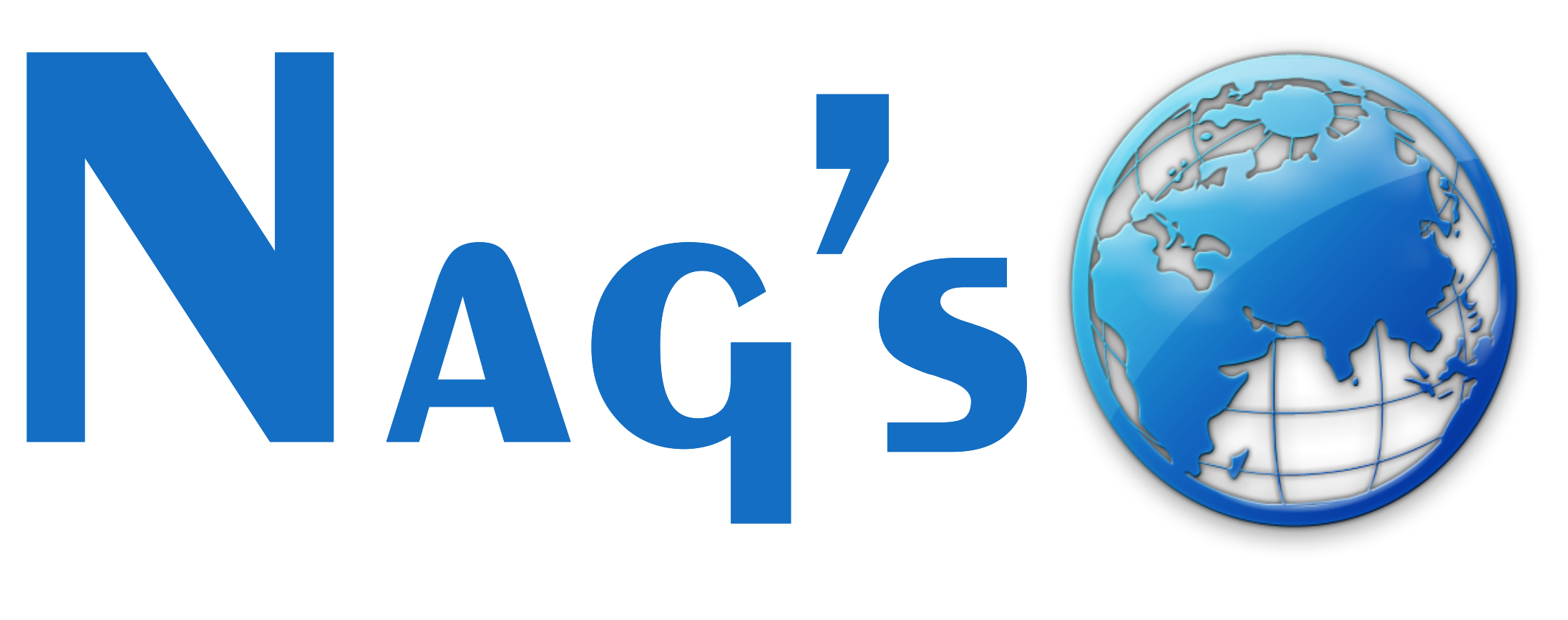Interviews are normally conducted by most Graduate Business and a few Engineering schools, in order to determine the strengths of applicants for their respective programs. At the undergraduate level, for Bachelors and other programs, interviews are very rare and only in cases where universities need further information to determine aid or other benefits to the applicants.
For admission into top Business schools in USA and other countries, interview plays a key role in the admission process. The B school admission committees firmly believe that an applicant could be evaluated only after interaction, in person or by phone. Therefore, wherever possible, the B schools will conduct interviews in person, through their Alumni within the country of applicant or by the school’s representatives if they are visiting the applicant’s country for business promotion or for attending in college fairs etc.
interviews are scheduled to take twenty to thirty minutes, but they may extend to forty minutes or even an hour. In the beginning, the interviewer, who is typically the professor of your chosen department, will welcome you and check your name. It is not necessary to introduce yourself at length, especially as you can expect many questions asking you to describe yourself during the interview.
Normally, the professor questions first, letting you ask questions at the end of the conversation. It would be a good idea to prepare in advance one or two questions that indeed interest you about the program or institution. However, any questions should be well-grounded in information from the materials issued by the university. The department will expect applicants to have scrutinized such materials closely. As one Internet site on admission interviews puts it-“Don’t ask things that are on the first page of the catalog.” If your questions seem weak to you, it’s better not to ask them.
Most Difficult-Be Bold
In fact it is not the questions but rather finding opportunities to represent yourself fully that is the greatest challenge. Usually the interviewer will invite you to be bold in recommending yourself for the program by outlining your positive qualities and aptitudes in a persuasive manner. Recall the information you gave in your essay and/or in your résumé. Explain what you are able to contribute to the program (which may mean sharing information from your practical experience, your active participation in social activities, or other facets of your life). You may want to review such achievements as your TOEFL score (if it is high), but keep such recounting of facts brief (the basics should be known already by your interviewer). If you have a response you know will be unexpected, or an unusual situation to discuss, it is difficult to know what impact it might make, negative or positive. Both outcomes are possible-you can only consider your presentation carefully and hope that the interviewer may appreciate your honesty, frankness, and independence of thinking.
Other Possible Questions
Where do you see yourself in the next five (or ten) years?
What would you say about your country to a person who has no idea of it?
Can you give examples of past problems in your life and how you have resolved them?
What books have you read (or are you reading currently)?
What do you do with your spare time?

